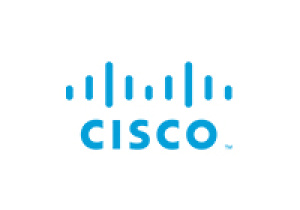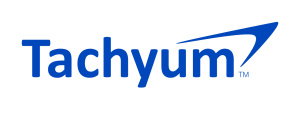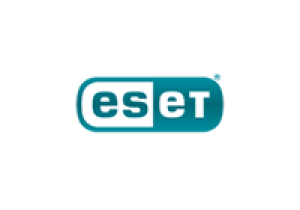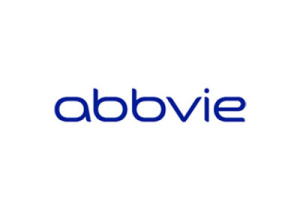Teja Batagelj
Teja Batagelj has graduated and received Master's degree at Economic Faculty, Ljubljana University. Since 2005 she is engaged in e-government development at Ministry of Public Administration. She worked on projects of establishment of portal of electronic services of public administration, e-payments, e-delivery, at government portal renovation, e-prolongation of vehicle licence. In 2006 she took over the coordination of electronic services for business starting with One stop shop project for sol traders. Today she runs One stop shop project for companies. She is a national Start up coordinator. As a lecturer she participates at conferences at e-government filed. She is a co-author of the book "Alliance with Users".
Sign in to Autumn ITAPA 2024
-
One-stop-shop Portal of Slovenia | Kongres ITAPA 2009: Art of eServices
The One-Stop-Shop portal for companies enables business entities to register a company quickly and free of charge in one place, via the Internet or at 157 One-Stop-Shop contact points, and to enter any changes regarding a company or close a company free of charge. To pay share capital, companies may open a temporary transaction account online with banks. In addition to services and procedures that a business entity must perform when registering, including entering tax data or obtaining a craft permit, the One-Stop-Shop system for companies offers a number of services to existing companies. Companies can use the One-Stop-Shop portal on a daily basis to give notification that they need an employee, register their employees and their family members for compulsory social insurance schemes, and enter any changes in or deregister these schemes. The One-Stop-Shop system is used by companies, desk officers at One-Stop-Shop contact points, notaries and district courts. We have invested 36 person-years in setting up the system, with 15 public administration institutions participating in the project. The One-Stop-Shop system enables the submission of completed applications and, consequently, faster decision-making, since it is connected to six registers and provides an overview of the course of procedures; it also supports two-way electronic communication between the user and institutions, since the central system is fully integrated into the systems of institutions making decisions in One-Stop-Shop procedures. In addition to setting up the system, we have modernised procedures and the register, thus streamlining the functioning of institutions. The system, together with modernised procedures and the portal, enables the transparent, responsive and efficient work of institutions that use the One-Stop-Shop system, as well as simple and friendly business operations involving public administration.
In Slovenia, registering a company can now be completed in three days; 80% of all companies can be registered free of charge. On average, 20% more limited liability companies are registered per month compared to a year before the establishment of the system. If all companies used One-Stop-Shop services, they would save up to EUR 10.2 million per year. According to our survey, user satisfaction with services at One-Stop-Shop contact points is very high. To increase user satisfaction and boost the use of the One-Stop-Shop portal, we have launched an extensive promotional campaign, prepared video instructions for users, modernised the portal, uniformly marked One-Stop-Shop contact points and begun developing new services for companies and entrepreneurs. We regularly organise workshops and training for desk officers at One-Stop-Shop contact points, since only qualified civil servants can offer quality services to business entities. This is the only way to make the One-Stop-Shop slogan, “Never so close!”, a reality and bring public administration services closer to business entities.
One-Stop-Shop projects for companies are co-funded by the European Union from the European Social Fund.




















